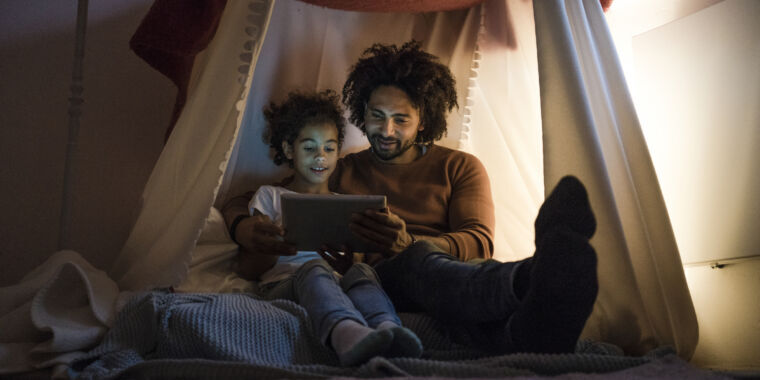- cross-posted to:
- technology@lemmy.world
- cross-posted to:
- technology@lemmy.world
The Kids Online Safety Act (KOSA) easily passed the Senate today despite critics’ concerns that the bill may risk creating more harm than good for kids and perhaps censor speech for online users of all ages if it’s signed into law.
KOSA received broad bipartisan support in the Senate, passing with a 91–3 vote alongside the Children’s Online Privacy Protection Action (COPPA) 2.0. Both laws seek to control how much data can be collected from minors, as well as regulate the platform features that could harm children’s mental health.
“With the Internet, today’s children have the world at their fingertips,” Paul wrote, but if KOSA passes, even allegedly benign content like “pro-life messages” or discussion of a teen overcoming an eating disorder could be censored if platforms fear compliance issues.
However, while child safety advocates have heavily pressured lawmakers to pass KOSA, critics, including hundreds of kids, have continued to argue that it should be blocked.
Among them is the American Civil Liberties Union (ACLU), which argues that “the House of Representatives must vote no on this dangerous legislation.”
If not, potential risks to kids include threats to privacy (by restricting access to encryption, for example), reduced access to vital resources, and reduced access to speech that impacts everyone online, the ACLU has alleged.
The ACLU recently staged a protest of more than 300 students on Capitol Hill to oppose KOSA’s passage. Attending the protest was 17-year-old Anjali Verma, who criticized lawmakers for ignoring kids who are genuinely concerned that the law would greatly limit their access to resources online.
“We live on the Internet, and we are afraid that important information we’ve accessed all our lives will no longer be available,” Verma said. “We need lawmakers to listen to young people when making decisions that affect us.”



The problem with this is you just know after they pass it they’ll amend it to expand the definition from social media platforms to any platform of a certain size on the internet. Suddenly the whole internet is subject to censorship, review, lawsuits, banning encryption, age-gating and ID demands.
This is just a foot in the door move around kids to get the framework in then later change it to do all the stuff they really want to do like censor and chill speech, clamp down on encryption, mandate log-keeping for VPNs, implement age-gating that requires submitting IDs for anything even vaguely adult, etc, etc. In other words the beginning of an all-out attack on the open internet.